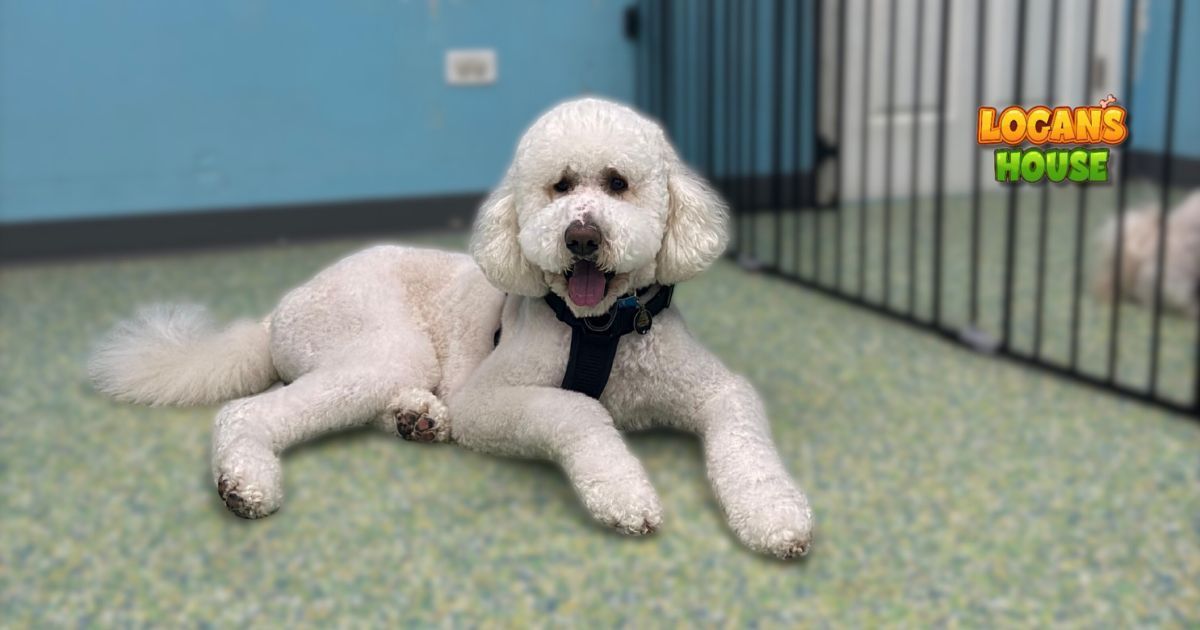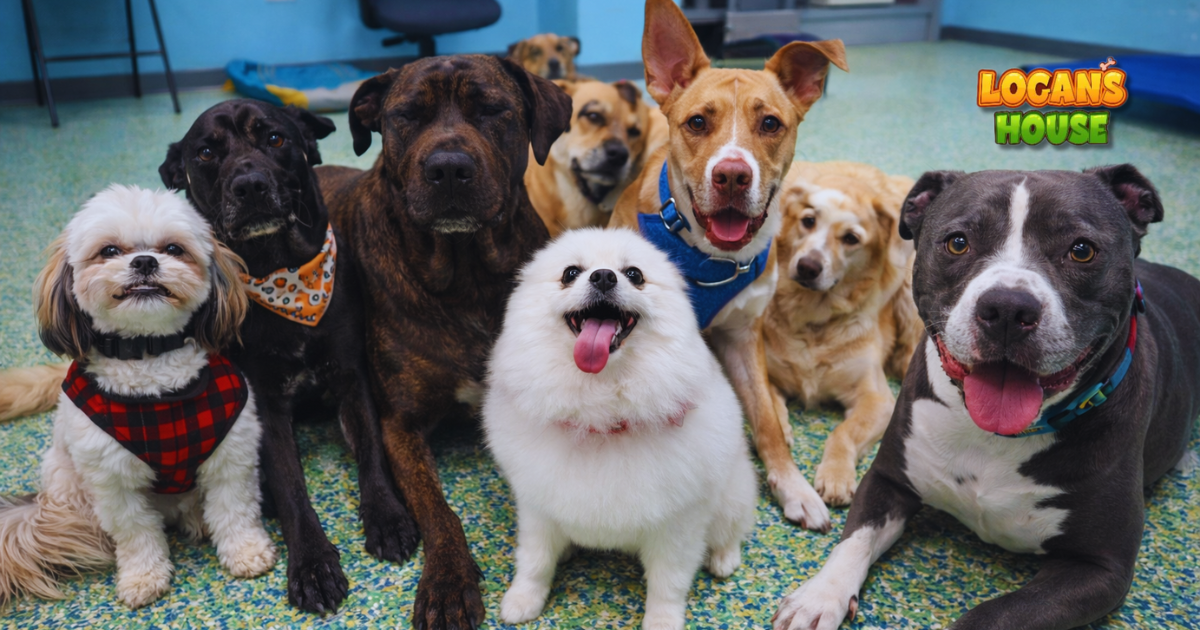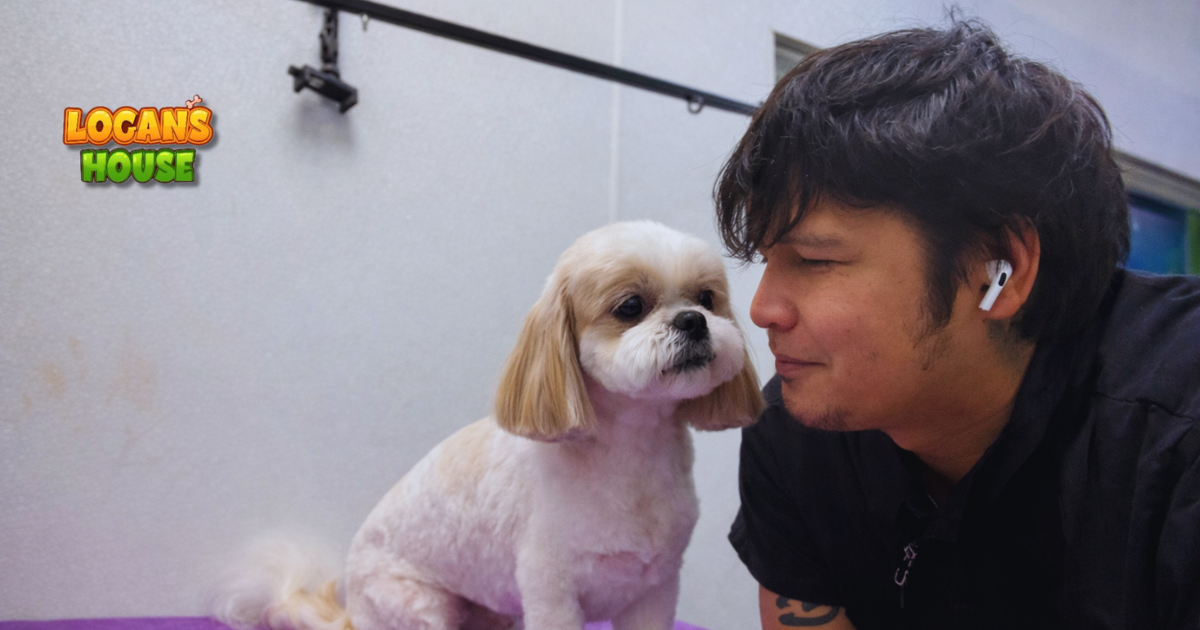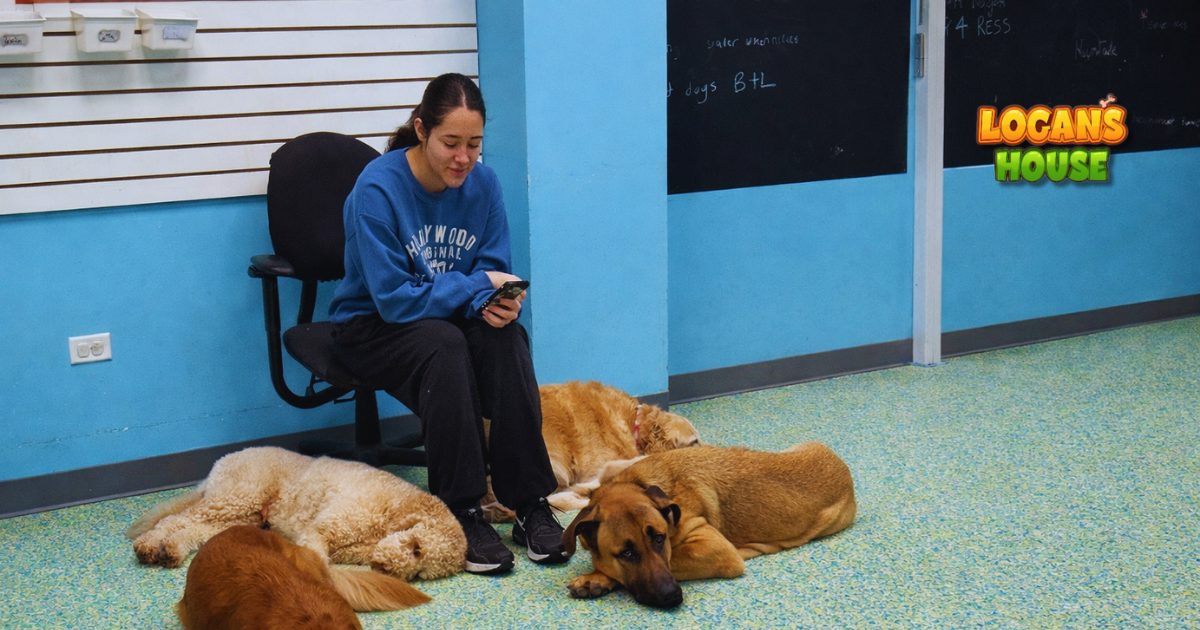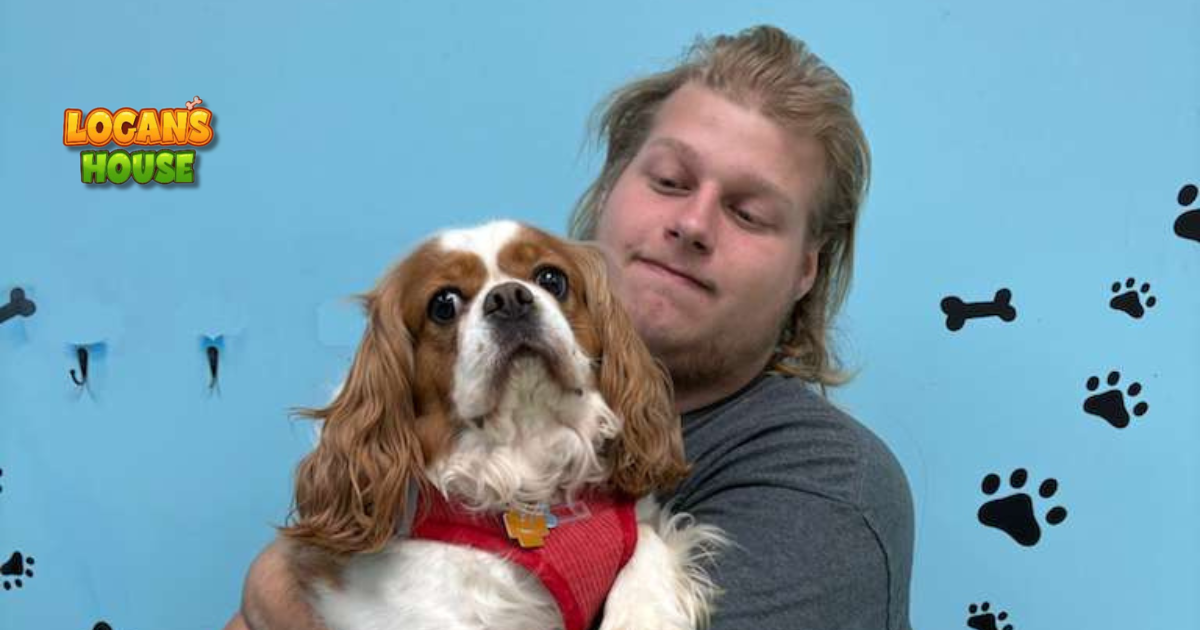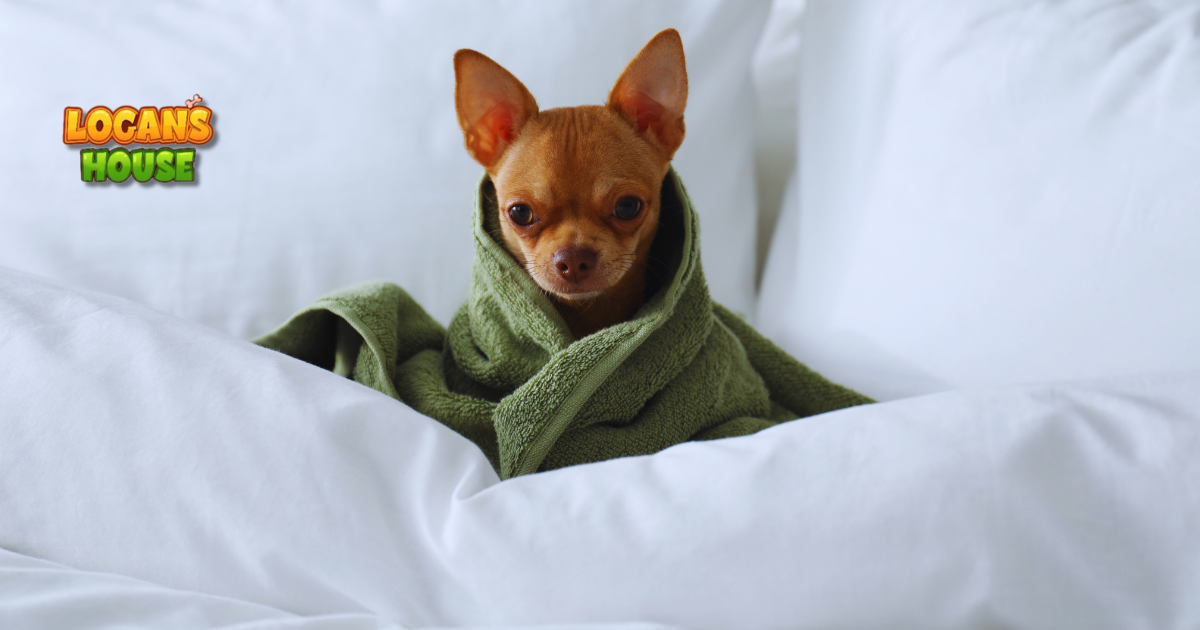Is a Beagle The Right Dog For You?
If you are thinking about getting a pet dog, one breed that you may want to consider is a beagle. Beagles are a popular breed, known for their cute looks, friendly personalities, and loyalty to their owners. However, before you adopt a beagle, it is important to do your research and determine whether this breed is the right fit for you and your family.
Here are a few factors to consider when deciding whether a beagle is the right dog for you:

Size and Activity Level
Beagles are a medium-sized breed, usually weighing between 18-30 pounds and standing about 13-15 inches tall. While they are not as small as many toy breeds, they are still a good size for people who live in apartments or smaller homes. Additionally, beagles are known for being active dogs who enjoy walking, running and playing. If you are someone who loves to hike, jog or go for long walks, a beagle may be a great fit for you. However, if you are unable to provide regular exercise, you may want to consider a different breed as this can lead to destructive behavior due to boredom, or health issues related to weight gain.
Temperament
Beagles are generally a very friendly and gentle breed. They enjoy socializing, and tend to get along well with children and other pets. However, beagles are bred as hunting dogs, so they have a strong prey drive and will often try to chase small animals, including cats, squirrels, and even birds. It is important to keep this in mind if you have other pets in the house, or if you live in an area with a lot of wildlife.
Training
While beagles are generally obedient dogs, they can be stubborn at times. Consequently, training is an important part of raising a beagle. Training should begin early on and should include socialization to
help prevent territorial and other aggression issues from developing. Training can be a fun activity for you and your dog and can also help you establish a strong bond with your pet.
Grooming
Beagles have a short, smooth coat that requires minimal grooming. They shed moderately and will
need regular brushing to keep their coat shiny and healthy. Given their hunting heritage, they also tend to have a strong “doggy” scent, and they may have a habit of drooling or slobbering. Beagle owners will need to be prepared for this and will need to be able to keep their dog clean and smelling fresh.
Health
Like all breeds, beagles are prone to certain health problems. These may include ear infections, hip dysplasia, and epilepsy. Regular veterinary check-ups are important, as well as keeping up with vaccinations, heartworm prevention, and other treatments as recommended by your veterinarian.
Final Thoughts
Overall, beagles can make excellent pets for the right family. They are friendly, outgoing dogs who are great with children and other pets. However, they do have some specific needs, including regular exercise, early training and socialization, and maintenance of their coat and hygiene. If you think a beagle might be the right fit for your home, begin doing your research now to learn more about this wonderful breed.

